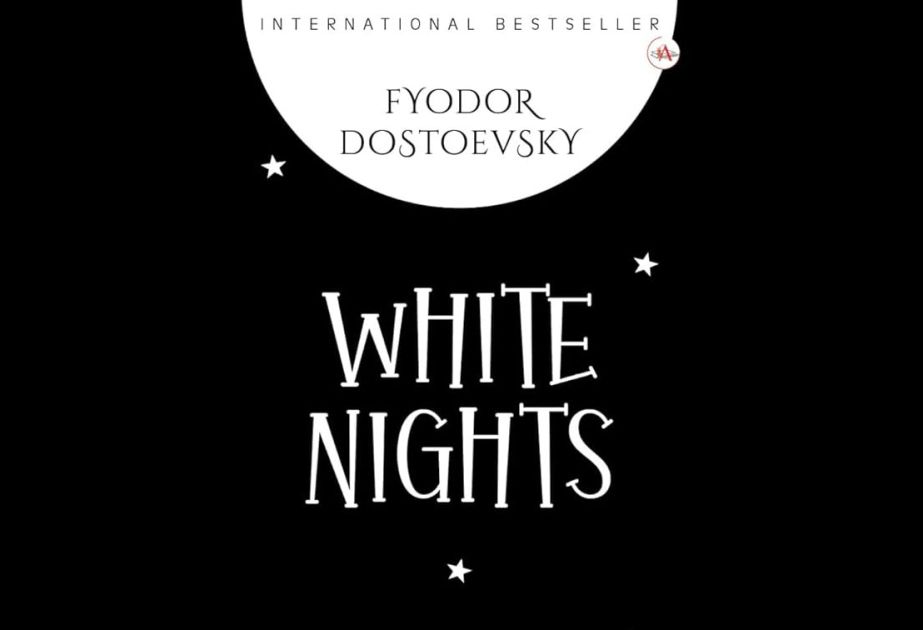By Alimat Aliyeva
In the UK, Fyodor Dostoevsky’s novella White Nights has recently gained unexpected popularity, becoming the fourth best-selling book in the category of translated literature, Azernews reports.
The 19th-century novel by the iconic Russian writer has been described as a "phenomenon" by Francis Claverdon, general manager of the Hatchards Piccadilly bookstore in London. “Over the past year, we have sold 190 copies of this book,” he said, noting that the work has captivated a diverse audience.
Since late 2023, White Nights has exploded on BookTok and its parallel Instagram counterpart Bookstagram, fueling a renewed interest in Dostoevsky’s works among a younger generation. If you search for the 1848 novella on these platforms, you’ll find a constant stream of reviews, emotional quotes, and aesthetically arranged snapshots of the book—often paired with coffee cups. Additionally, playlists inspired by White Nights on Spotify feature music by composers like Pyotr Tchaikovsky and Dmitry Shostakovich, further amplifying the romantic and melancholic atmosphere of the book.
Social media users worldwide have been swept up in the novella’s bittersweet love story, with many expressing their emotional reactions. "Everyone wants to fall head over heels in love. Then they read Dostoevsky's White Nights," one tweet reads, summarizing the sense of longing and heartbreak that the novel evokes. The poignant tale of love and loneliness resonates deeply with readers, particularly on social media, where its themes of fleeting romance and self-discovery find a wide, sympathetic audience.
The story’s popularity can also be attributed to its brevity—White Nights is only about 80 pages long, making it an easily digestible introduction to Dostoevsky's work. This compact length, paired with the emotional intensity of the narrative, has made it an ideal fit for contemporary readers seeking a short yet powerful literary experience.
The rise of White Nights among younger readers is also part of a larger trend where classic literature, especially works by Russian authors like Dostoevsky, is finding new life on digital platforms. The influence of BookTok and Bookstagram cannot be overstated, as these platforms have played a pivotal role in driving sales of literary works that were once considered the domain of academic circles. In particular, White Nights resonates with themes of unrequited love and existential yearning, making it especially popular in the age of digital romance and emotional expression on social media.
Moreover, the connection between White Nights and classical music—exemplified by the music of Tchaikovsky and Shostakovich—adds a layer of cultural depth, as these composers’ works have long been associated with the melancholy and introspection that Dostoevsky so masterfully explores in the novella.
This newfound appreciation for White Nights reflects not just a resurgence of interest in Dostoevsky's works but also the power of social media to breathe new life into timeless literary masterpieces.

